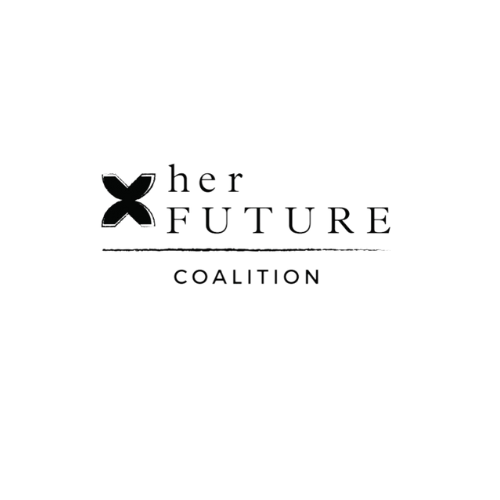Why We Exist

Sarah Symons, Made By Survivors Founder and Executive Director
Slavery and Human Rights, by the numbers:
- 29 million people are enslaved in today’s world, according to the United Nations
- One million children are trafficked every year for sexual exploitation
- 100 million girls are trapped in child marriages
- 200,000 children are exploited in child labor
- Average age of victims at the time of trafficking: 11-14
In modern day slavery, human beings are bought and sold on an international market, for amounts ranging from $80 to $5000 or more. They have no control over their lives or their children’s lives: where they live, or what work they do (usually dirty, degrading or dangerous). Being enslaved is extremely hazardous to human life and health – for example 22% of child slaves in India do not make it to adulthood.
Sometimes slaves are kept captive with literal chains or bars. In other cases threats of violence, or actual violence keep enslaved people from running away. Some people do not even realize that they are slaves, or that slavery is illegal. Millions of families toil as slaves for generations, to satisfy debts typically under $50, in the practice known as bonded labor.
Victims of human trafficking are subject to gross human rights violations including rape and torture.

Photo: Kay Chernush for US State Dept.
Forms of Human Trafficking and Modern Slavery
- Sexual exploitation /Forced Prostitution – also includes Forced Marriage and Child Marriage
- Forced Labor – Agricultural, Industrial, Factory work, Fishing Industry
- Bonded Labor – Agricultural, Industrial, Factory work
- Domestic Work (nannies, housekeepers, cooks and gardeners)
- Forced Begging
- Child Soldiers
Child Marriage is not defined as a form of slavery, but we think it should be.
Where Does Trafficking Occur?
- Every country in the world
- Hardest Hit Regions for victims are South and Southeast Asia, Eastern Europe and Africa
- Destination countries include Europe, USA, Japan, Australia, India, Israel, Gulf States
Who are the Victims?
Certain groups are disproportionately exploited as victims of slavery, including:
- Children – Millions of today’s slaves are kids under the age of 18. Girls are typically trafficked into forced prostitution between 10 and 14.
- Poor People – Poverty is listed as a major risk factor for trafficking in almost every published study (UNICEF, Free the Slaves, ILO)
- Minorities and tribal groups
- Rural communities and people living in border areas
- People in societies already destabilized by war, natural disaster, or civil unrest
How are People Trafficked?
- Sold by families of community members – this is often a last resort for families where selling a child may be the only means of survival. In South Asia, traffickers pay as little as $150 to parents for their child’s life.
- Tricked by False job offers of loverboy schemes
- Children of slaves become slaves themselves – (kids born into brothels, children born into bonded labor)
- People displaced by natural disasters, war, political conflict or environmental devastation become vulnerable when they move to cities from rural areas with no resources

How Can Slavery be Stopped?
Slavery is an issue that responds quickly to intervention. In every country, there are profiles of hope.
- Survivors, with the help of anti-trafficking activists, have created their own networks – a modern-day Underground Railroad. These girls are going back into the same brothels where they were once slaves and helping rescue agencies to find and liberate other victims. Teams of activists, survivors and trusted police have rescued thousands of young girls from brothels, and many of these cases have been successfully prosecuted.
- Advocacy groups throughout the world are successfully pushing for better laws to protect victims and punish traffickers.
- Survivors throughout the world are speaking out, participating in public awareness campaigns, or going door to door in remote villages, talking to mothers and daughters about what trafficking and how to protect themselves.
- Survivors in Made by Survivors programs in India, Nepal, Thailand and Cambodia are transforming their families and communities from within, breaking down social stigma through their hard work and inspiring others. Shop survivor-made products to support them in rebuilding their lives and rescuing others.
Like many issues in history the fight to end trafficking can be won by a concerted effort of citizens who refuse to tolerate it.
We need a critical mass of people who just say ‘no!’ Please join us!
Concerned someone may be at risk? Call the National Human Trafficking Hotline 1-888-373-7888

